Athlete Guide to Anti-Doping
USADA is continually updating and expanding its library of resources to ensure that athletes and athlete support personnel can easily access information about some of the most important topics in anti-doping. The directory below can be used to find various articles and materials, organized by category, from across the USADA website.
More questions?
For questions about testing, contact USADA’s Athlete Services Team at AthleteConnect@USADA.org or call (719) 785-2000.
For questions about specific products, substances, and methods, contact USADA’s Drug Reference Line at drugreference@USADA.org or call (719) 785-2000, option 2.
GENERAL
Testing
- Athlete Biological Passport
- Athlete Connect FAQs and Step-By-Step Guides
- Athlete Responsibilities and Failures to Comply
- Chaperones and their Role in Anti-Doping
- Declaring Medications
- Doping Control Officers (DCO) and What to Expect
- Dried Blood Spot Testing
- Important Questions to Ask During Testing
- InnoVero Sample Collection Equipment
- Pre-Competition Anti-Doping Checklist
- Recreational Athlete Checklist
- Registered Testing Pool
- Sample Collection
- Sitting Before Blood Sample Collection
- Testing Modifications
- Testing Selection Process
- Urine Sample Collection – 90 mL
- Whereabouts
- Whereabouts Failures
Supplements
- 5-Alpha-Hydroxy-Laxogenin
- All-Natural Supplements
- Calcium Supplements
- Caffeine
- Common Misconceptions about Supplements
- Compounding Pharmacies
- Ecdysteroids
- Creatine
- Energy Drinks
- Fish Oil Supplements
- Food v. Supplements
- Half-Life of a Drug
- High-Risk Supplements
- Ketones
- Low-Risk Supplements
- Magic Mushrooms
- Medications v. Supplements
- Melatonin
- Nitric Oxide
- NSF Certified for Sport Supplements
- Poppy Seeds
- Research Chemicals
- Retesting Samples
- Screen your Supplements
- Supplements – Clean Sport Red Flag
- Supplement Legislation
- Supplement Myths
- Supplement Use – 3 Things to Know
- TUEs – 3 Things to Know
- Vitamin C Supplements
The Prohibited List – Substances and Methods
Non-Approved Substances
Anabolic Agents
- Anabolic Androgenic Steroids (AAS)
- Other Anabolic Agents
- Erythropoieten (EPO)
- Hypoxia-Inducible Factor (HIF) Activating Agents
- Insulin-like Growth Factor-1 (IGF-1)
- Peptide Hormones and their Releasing Factors
- Sermorelin
Beta-2 Agonists
Hormone and Metabolic Modulators
- Aromatase Inhibitors
- SERMs
- Metabolic Modulators
Diuretics and Masking Agents
Narcotics
Chemical and Physical Manipulation
Gene and Cell Doping
Latest articles
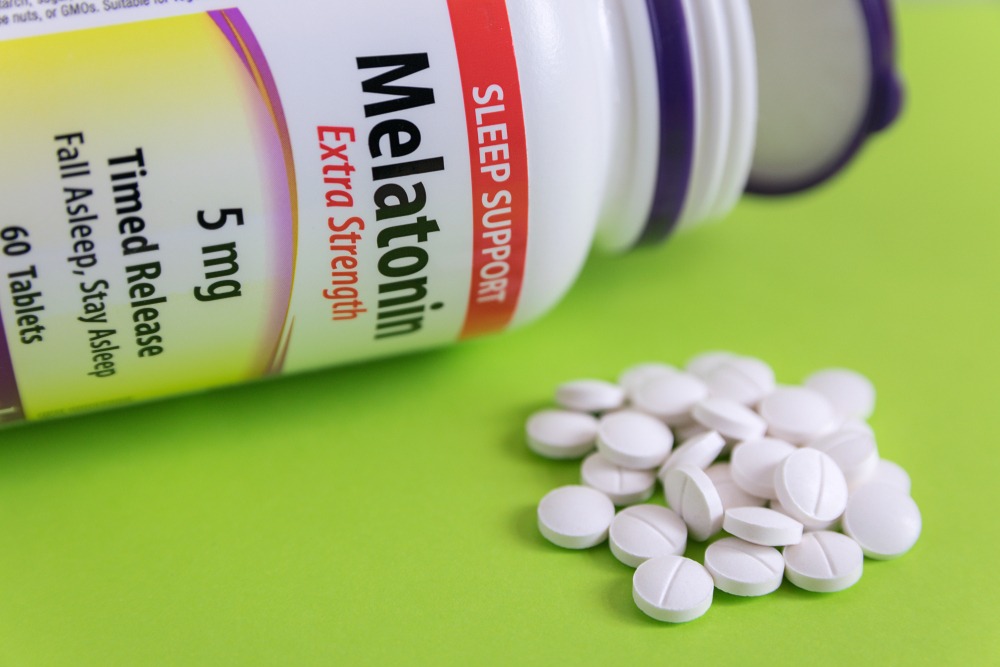
What Athletes Need to Know About Melatonin
Here’s what drug-tested athletes need to know about the common sleep aid melatonin.
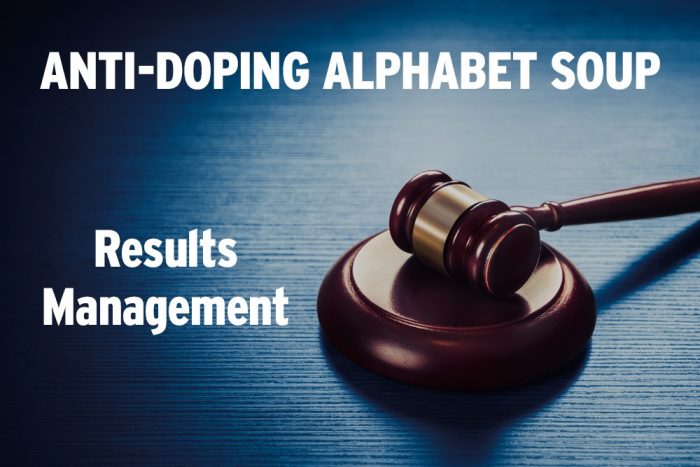
Anti-Doping Alphabet Soup: Results Management
In the news, you may have encountered the “alphabet soup” of the anti-doping world. From acronyms like ADRV and AAF, to terms like provisional suspension
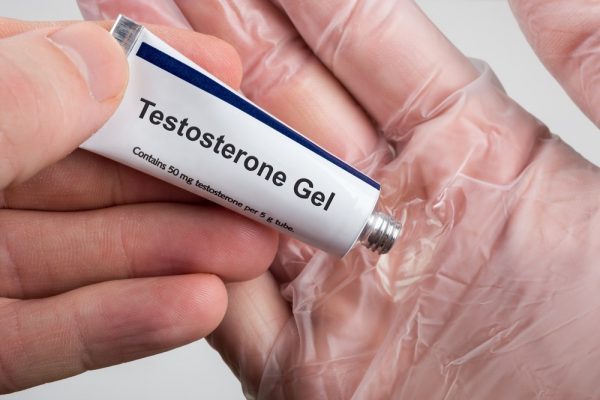
Bioidentical Hormones and Pellet Therapy in Sport: What Athletes Need to Know
Drug-tested athletes can learn more about the prohibited status of bioidentical hormones and pellet therapy here.

Are Magic Mushrooms Prohibited for Athletes?
Here is what drug-tested athletes need to know about the anti-doping status of magic mushrooms.
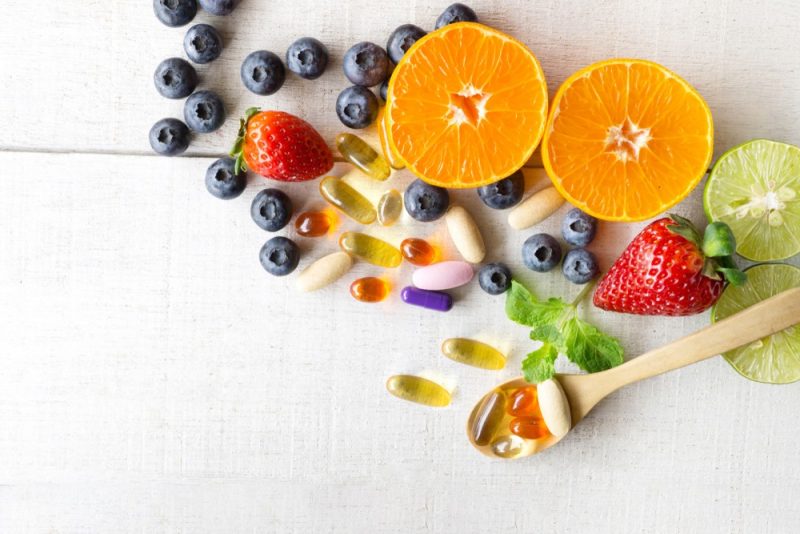
Food v. Supplements: Are foods safer than supplements?
Foods are much less likely to cause a positive drug test than supplements due to the nature of food regulations and the food industry.
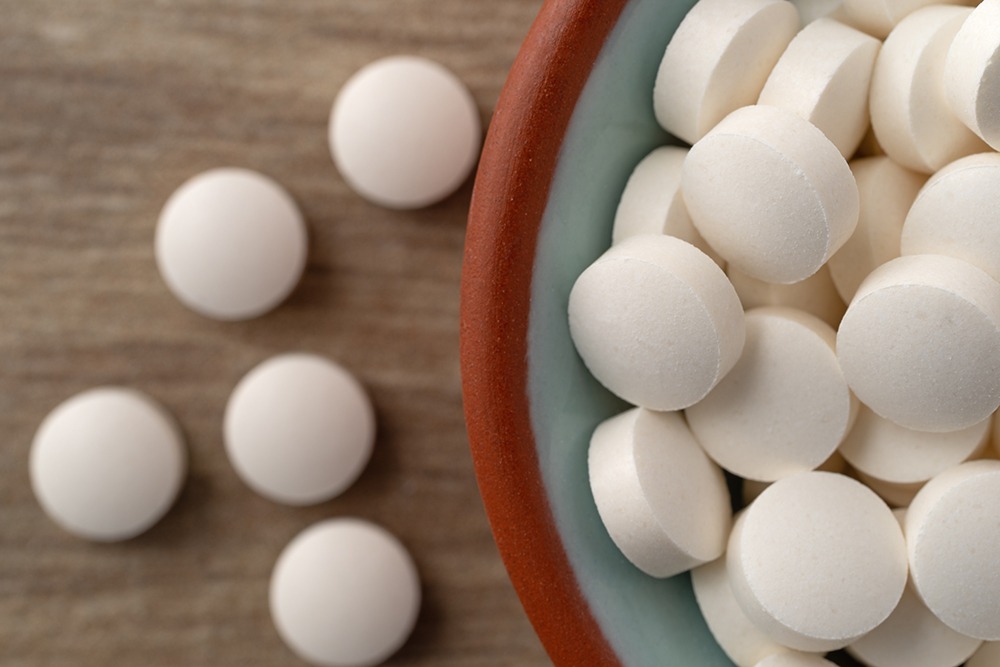
What Should Athletes Know about DHEA?
While not included under the Controlled Substances Act, athletes should know that DHEA is considered a prohibited anabolic agent in sport.



